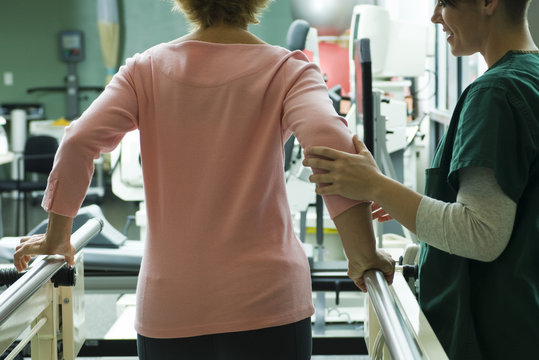Physical Rehabilitation: Restoring Movement and Function
Physical rehabilitation focuses on restoring mobility, strength, and functional capacity following injury, surgery, or illness. This specialized field encompasses various treatment modalities designed to address musculoskeletal impairments, neurological conditions, and cardiovascular limitations. Physical therapists employ manual therapy techniques, therapeutic exercises, and modalities such as ultrasound, electrical stimulation, and heat therapy to promote healing and restore optimal function.
The physical rehabilitation process typically begins with a comprehensive evaluation to assess range of motion, strength, balance, coordination, and functional abilities. Based on these findings, therapists develop individualized treatment plans that incorporate progressive exercises, functional training, and patient education. Treatment protocols are continuously modified based on patient response and progress, ensuring optimal outcomes and preventing re-injury.
Specialized areas within physical rehabilitation include orthopedic rehabilitation for musculoskeletal injuries, neurological rehabilitation for stroke and spinal cord injuries, cardiac rehabilitation for heart conditions, and sports rehabilitation for athletic injuries. Each specialty requires specific expertise and tailored treatment approaches to address the unique challenges and goals associated with different conditions and patient populations.



